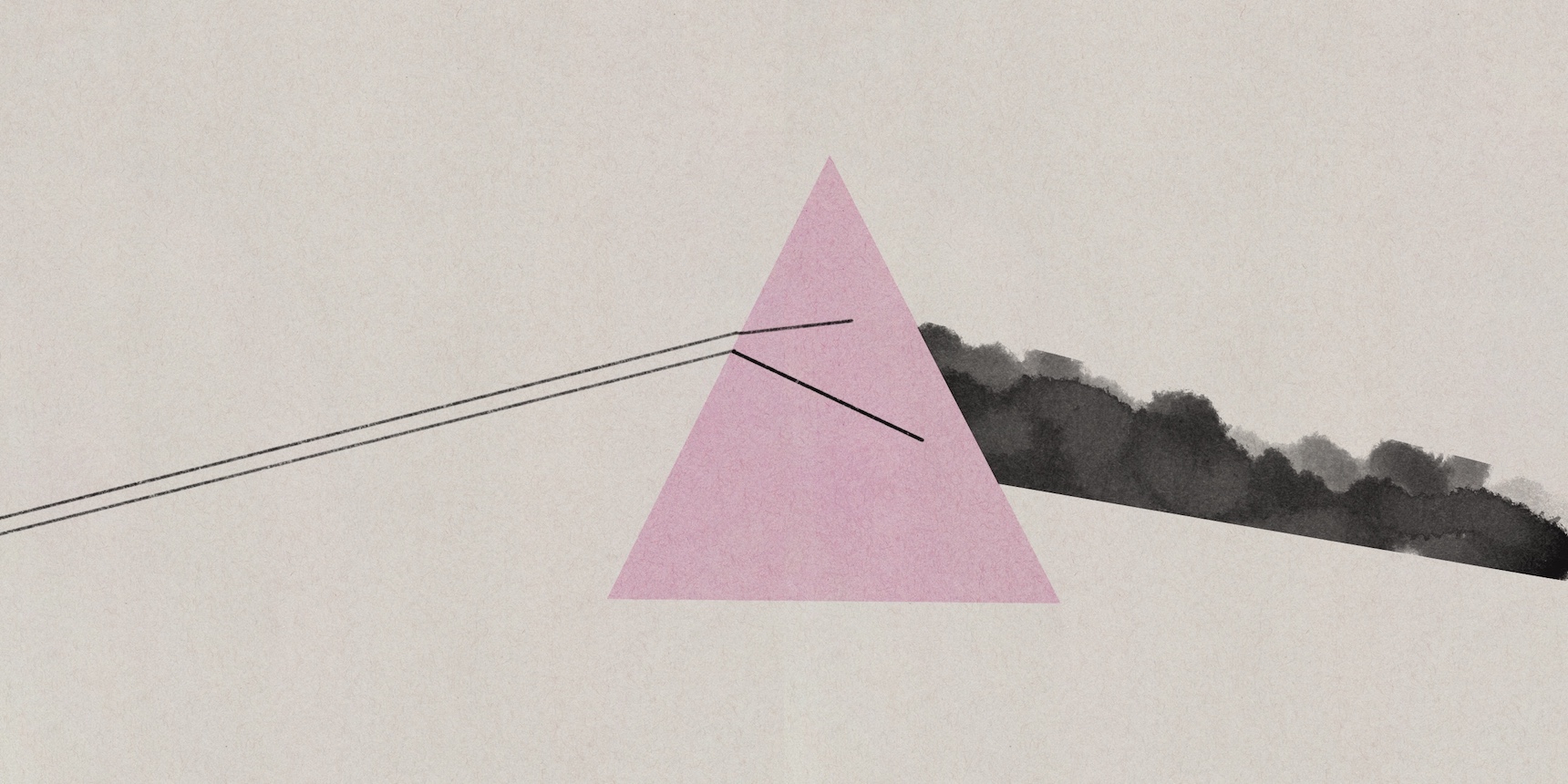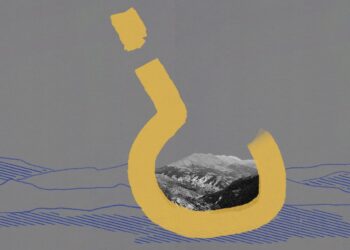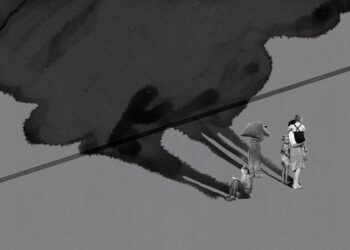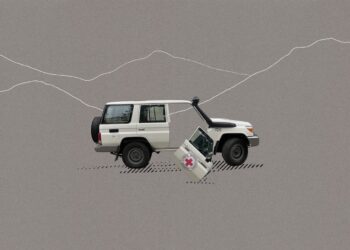
Imagine being hungry, and being told you aren’t. For more than two months now, I’ve watched as people I know living in Nagorno-Karabakh post more and more desperate messages from their blockaded homeland, sharing appeals for bread and baby milk. But, as Azerbaijan’s efforts to starve more than a hundred thousand residents into submission roll on, pro-government Azerbaijanis are scouring social media accounts of those living there in search of evidence they aren’t telling the truth.
Sometimes they find a cake, sometimes a bottle of wine — anniversaries are marked, young couples get married, despite the dire circumstances. One photo shows a bride in sunglasses, another shows a child blowing out a candle. That’s proof, they say, that there’s no catastrophe unfolding.
In the past few weeks, the internet trawl to disprove supposed Armenian lies has gone from social media fringe to state policy. Confronted with a dozen countries expressing concern over the situation at a UN Security Council session on Wednesday, Azerbaijan’s representative Yashar Aliyev held up paper printouts of Instagram posts.
“People are happy,” he said. “They are dancing at their wedding party. This is a celebration… very tasty cookies!”
Obviously, none of this disproves the existence of the blockade, for which there is ample evidence. Instead, they are a window into a people clinging to a semblance of normalcy as their lives are being destroyed. One of the posts featured by these pro-Baku accounts is of a woman expressing sheer, unbridled joy at having found melons for sale. Under normal circumstances, finding a melon may not be cause for celebration, but under a blockade, it becomes worthy of posting about.
But outsiders who may have caricatured ideas of what systematic deprivation looks like may see this as confirmation of Baku’s official assertions that there is no crisis.
Understanding the Nagorno-Karabakh conflict from the outside is difficult because there always seem to be two versions of reality: both Armenia and Azerbaijan claim they want peace, yet somehow the impasse persists and peace remains elusive. Even when it comes to real incidents that, in theory, can be ascertained easily, the same problem arises: Armenia accuses Azerbaijan of violating the ceasefire, while Azerbaijan denies the accusation, saying it was Armenia who violated the ceasefire.
At first glance at least, there never seems to be any way of verifying things. The entities responsible for establishing the truth either don’t exist or they don’t do their job.
A joint Turkish-Russian command center was established to monitor the implementation of the 2020 ceasefire terms. However, despite supposedly beginning operations in 2021, the body has not released any statements and practically does not exist.
The EU has deployed a monitoring mission to Armenia’s borders with the stated aim of ensuring stability, but seems powerless to stop the regular ceasefire violations that carry on nonetheless. The EU mission in Armenia only reports to Brussels, meaning that even with their presence on the ground, they cannot confirm or deny these violations. On August 15, they themselves came under fire by Azerbaijani Armed Forces. But even then, the mission still failed to attribute blame, initially refuting it and then calling it a “shooting incident in our area of responsibility.”
Armenians being killed by that same gunfire thus become phantom deaths, with no one ever corroborating it, no one held accountable, and our knowledge of it remaining confined to ourselves, along with our grief.
As the saying goes, “democracy dies in darkness”. But crimes like genocide occur in the absence of scrutiny.
In Rwanda, the international media initially failed to recognize the growing violence as genocide, mistaking it for a civil war – exactly what the Hutu government wanted. A decline in reporting on the violence, which gave the impression that the crisis was waning, was due to the departure of foreigners, including journalists, just as the massacres were reaching their peak. The international media did not report the extent of the violence until almost three weeks into it, by which time around 250,000 Tutsi had already been slaughtered.
Reporting on ethnic violence is notoriously difficult, largely because one of the sides involved often does not want the violence to be known.
And an informational vacuum is the oxygen that false narratives need to thrive and spread. Azerbaijan knows this all too well. The country has exploited this dearth in information from the ground, deploying all of its media, legal, and political resources to deny and obscure the events currently taking place in Nagorno-Karabakh.
Moreover, like the Russian peacekeepers before them, Azerbaijan is also blocking international journalists from accessing the territory. Reporters Without Borders criticized Azerbaijan for not allowing journalists to report freely and manipulating international opinion. A Spanish journalist, brought to Azerbaijani-controlled territory on a state-organized junket, saw the blockaded Lachin Corridor, but was deliberately misquoted by an Azerbaijani state news agency as saying the corridor was open.
As a result, it is impossible for outsiders to accurately cover the Lachin blockade and its appalling humanitarian repercussions.
Armenians living in Nagorno-Karabakh who have been documenting and sharing the challenges of their daily lives — the water shortages, bread lines, and electricity cuts — have been written off by Azerbaijan as nationalists. Those posting images of their birthdays, weddings, and melons through the blockade, as liars.
What is most alarming is that if, as many observers predict, there is a catastrophe involving either mass starvation or a mass exodus of Armenians, there will be no international presence inside Nagorno-Karabakh to document it.
But Azerbaijan will be there, denying that a genocide is taking place. It will argue that the numbers are in fact, much smaller than reported. It will use rhetoric to shield itself from accountability. It will suppress evidence and block pathways through which information on atrocities can reach international audiences.
Baku will use strategic contestation over information to deny and obfuscate atrocities and this will serve the additional purpose of helping the international community wash its hands of culpability.
The international media eventually compelled the world to acknowledge that what had occurred in Rwanda was genocide. However, by that time, it was already too late.
It will be here too. But the world can’t pretend it didn’t know.
Spotlight Artsakh
Why International Actors Are Responsible for Armenians in Nagorno-Karabakh
If the international community fails to stop the genocide and ethnic cleansing of Armenians in Nagorno-Karabakh, it will serve as a dangerous precedent for the international order and members of the UN Security Council, including the mediators, will be deemed responsible for it.
Read moreRapid Needs Assessment in Artsakh: Letting the Numbers Tell the Story
The data collected by the Rapid Needs Assessment survey, conducted by Hub Artsakh, tells a harrowing story of increasing food insecurity and deteriorating emotional and physical wellbeing. If the blockade is not lifted, the result will be catastrophic.
Read moreArtsakh: Not Only a Humanitarian Catastrophe
Nothing in Artsakh is what it used to be. The Stepanakert market, once known as a feast of tastes and colors has now become a concentrated mosaic of all our misery, writes Tamara Grigoryan, a resident of the capital city.
Read moreAll Armenian Men in Nagorno-Karabakh Are Now Targets for Arbitrary Detention
On July 29, Azerbaijani border services kidnapped and detained an elderly man who was being transferred from Artsakh to Armenia by the ICRC for medical treatment. Baku may now target and detain every male in Nagorno-Karabakh, writes Sossi Tatikyan.
Read more





No more waiting for peace or for anyone…war is the only option left.
Can we please stop with the sarcasm?
I cannot honestly recall any instance where the governments of Azerbaijan said anything truthful or factual.
Everything out of their mouths is a lie.
For example, despite reams of proof, they both still claim that they didn’t use ISIS/terrorists/mercenaries in the 2020 war.
Psychiatrists describe this condition as follows (from Wikipedia):
Pathological lying, also known as mythomania and pseudologia fantastica, is a chronic behavior characterized by the habitual or compulsive tendency to lie.
It involves a pervasive pattern of intentionally making false statements with the aim of deceiving others, sometimes without a clear or apparent reason.
One wonders if there was an opportunity to politely respond to Azerbaijan’s representative Yashar Aliyev by proposing to have a team of international representatives from Turkey, Israel, EU, UK and the US visit Stepanakert and count the number of tasty cookies consumed by the population.
It almost seems like by living in an Azerbaijani self, one gives up the freedom to regard Armenians as fellow humans. The depravity of racism, exemplified here as anti-Armenianism, is the common thread of Pan-Turkic ethnonationalism.